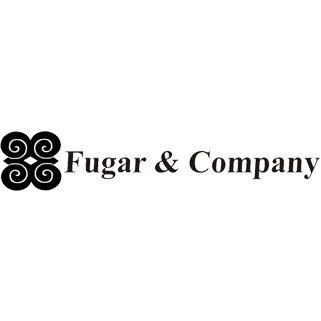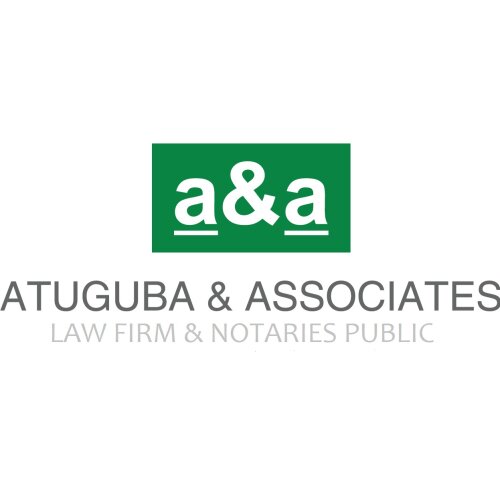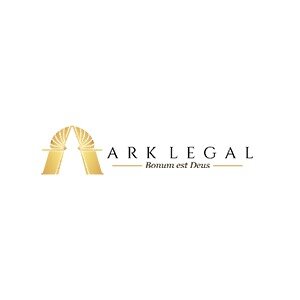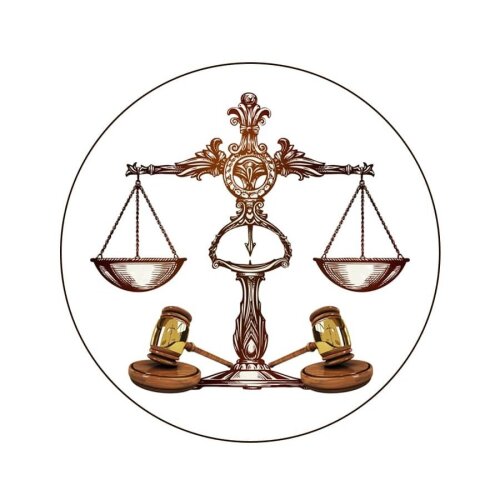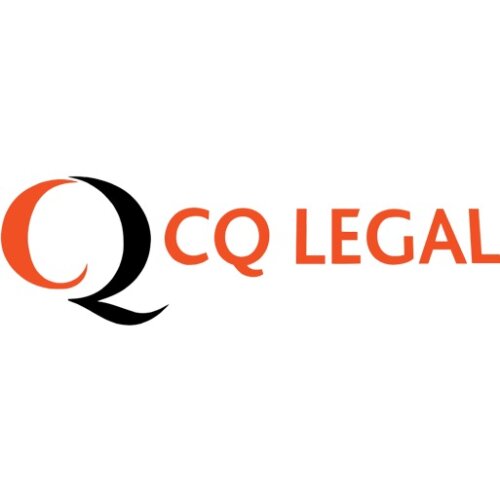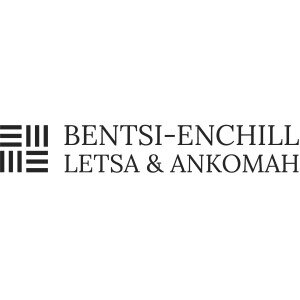Best Energy Regulatory Law Lawyers in Accra
Share your needs with us, get contacted by law firms.
Free. Takes 2 min.
List of the best lawyers in Accra, Ghana
About Energy Regulatory Law in Accra, Ghana
Energy Regulatory Law in Accra, Ghana governs the production, distribution, transmission, and consumption of energy in the region, focusing primarily on oil, gas, and electricity. This field of law is shaped by statutes, regulations, and regulatory authorities aiming to ensure the reliable supply of energy, reasonable pricing, environmental protection, and equitable access for all stakeholders in Ghana’s growing economy. The Energy Commission of Ghana, Public Utilities Regulatory Commission, and Petroleum Commission are key bodies overseeing activities and establishing standards for the sector. Energy Regulatory Law addresses matters concerning licenses, tariffs, grid connections, environmental obligations, and compliance for both local and international stakeholders.
Why You May Need a Lawyer
Navigating the complexities of Energy Regulatory Law in Accra can be challenging for businesses and individuals. You may require the assistance of a legal professional in situations such as:
- Seeking licenses for energy projects such as power generation, renewable energy installations, or oil and gas exploration
- Negotiating power purchase agreements or energy supply contracts
- Complying with regulatory requirements from bodies like the Energy Commission or Petroleum Commission
- Managing disputes with energy regulators or service providers over tariffs, outages, or contractual obligations
- Understanding environmental and safety regulations attached to energy projects
- Handling land acquisition or local content requirements for energy infrastructure
A lawyer familiar with the sector can provide guidance through licensing processes, regulatory compliance, contractual negotiations, dispute resolution, and many other vital aspects of operating within the energy sector in Ghana.
Local Laws Overview
Energy Regulatory Law in Accra is shaped by several key statutes and regulatory bodies. Some of the most important laws and frameworks include:
- Energy Commission Act, 1997 (Act 541): Establishes the Energy Commission and outlines its functions, which include granting licenses, advising government, and formulating standards for energy efficiency and safety.
- Public Utilities Regulatory Commission Act, 1997 (Act 538): Sets up the Public Utilities Regulatory Commission (PURC) responsible for approving tariffs and protecting consumer interests in the utility sectors.
- Renewable Energy Act, 2011 (Act 832): Promotes and regulates the development of renewable energy sources.
- Petroleum Commission Act, 2011 (Act 821): Governs upstream oil and gas operations including licensing and compliance standards.
- Local Content and Local Participation Regulations: Require certain levels of local ownership, employment, and procurement in energy projects.
- Environmental and Safety Regulations: Companies must also comply with the Environmental Protection Agency (EPA) requirements regarding the environmental and social impacts of energy projects.
Overall, the regulatory landscape is designed to balance the interests of investment, sustainability, and fair access in Ghana’s fast-evolving energy market.
Frequently Asked Questions
What is the role of the Energy Commission in Ghana?
The Energy Commission regulates and manages the development and utilization of energy resources, issues licenses to operators, ensures compliance with standards, and advises the government on energy policy.
Do I need a license to generate electricity for commercial use?
Yes, any person or company intending to generate, transmit, or distribute electricity for commercial use in Accra requires a license from the Energy Commission.
What agencies regulate oil and gas activities in Accra?
The Petroleum Commission regulates upstream petroleum activities while the Energy Commission and the National Petroleum Authority (NPA) oversee other aspects such as licensing and product standards.
How are electricity tariffs regulated in Ghana?
The Public Utilities Regulatory Commission (PURC) is responsible for setting and approving electricity tariffs and ensuring transparency and protection of consumer interests.
What is the process for acquiring land for energy projects?
Land acquisition typically requires negotiation with landowners, compliance with statutory requirements, and possible oversight by the Lands Commission. Environmental and social impact assessments are often needed.
Are there incentives for renewable energy projects?
Yes, the Renewable Energy Act provides various incentives including tax exemptions and feed-in tariffs to encourage investment in solar, wind, bioenergy, and other renewable sectors.
What obligations do energy companies have under local content laws?
Energy companies must ensure a specified percentage of local ownership, use local goods and services, employ Ghanaian staff, and engage in capacity building as required by local content regulations.
Who resolves disputes in the energy sector?
Disputes can be managed by the relevant regulatory authority or through courts and arbitration, depending on the nature of the dispute and contractual agreements in place.
How are environmental concerns addressed in energy projects?
All energy projects must comply with environmental regulations and obtain permits from the EPA. Environmental Impact Assessments are mandatory for large-scale projects.
Can foreign companies participate in energy projects in Accra?
Yes, but they must comply with local content regulations and obtain the necessary licenses and permits from the appropriate authorities.
Additional Resources
For further information and assistance, the following organizations and governmental bodies may be useful:
- Energy Commission of Ghana
- Public Utilities Regulatory Commission (PURC)
- Petroleum Commission
- National Petroleum Authority (NPA)
- Environmental Protection Agency (EPA)
- Ministry of Energy
- Ghana Investment Promotion Centre (GIPC)
Engaging with these institutions can provide official guidelines, licensing information, complaint mechanisms, and regulatory updates vital for operating in the energy sector.
Next Steps
If you require legal assistance with Energy Regulatory Law in Accra, Ghana, consider the following steps:
- Identify and document your specific legal issue, contract, or regulatory requirement
- Consult a lawyer experienced in Energy Regulatory Law for personalized legal advice
- Contact the relevant regulatory authorities for clarification on licensing or compliance issues
- Gather all necessary documentation such as project proposals, contracts, or correspondences with regulatory bodies
- Stay informed about recent legal and regulatory developments in Ghana’s energy sector
Seeking expert legal advice early will help avoid costly mistakes and ensure compliance with all legal and regulatory obligations. Taking proactive steps to address your legal needs can contribute greatly to the successful execution of your energy-related projects in Accra.
Lawzana helps you find the best lawyers and law firms in Accra through a curated and pre-screened list of qualified legal professionals. Our platform offers rankings and detailed profiles of attorneys and law firms, allowing you to compare based on practice areas, including Energy Regulatory Law, experience, and client feedback.
Each profile includes a description of the firm's areas of practice, client reviews, team members and partners, year of establishment, spoken languages, office locations, contact information, social media presence, and any published articles or resources. Most firms on our platform speak English and are experienced in both local and international legal matters.
Get a quote from top-rated law firms in Accra, Ghana — quickly, securely, and without unnecessary hassle.
Disclaimer:
The information provided on this page is for general informational purposes only and does not constitute legal advice. While we strive to ensure the accuracy and relevance of the content, legal information may change over time, and interpretations of the law can vary. You should always consult with a qualified legal professional for advice specific to your situation.
We disclaim all liability for actions taken or not taken based on the content of this page. If you believe any information is incorrect or outdated, please contact us, and we will review and update it where appropriate.



